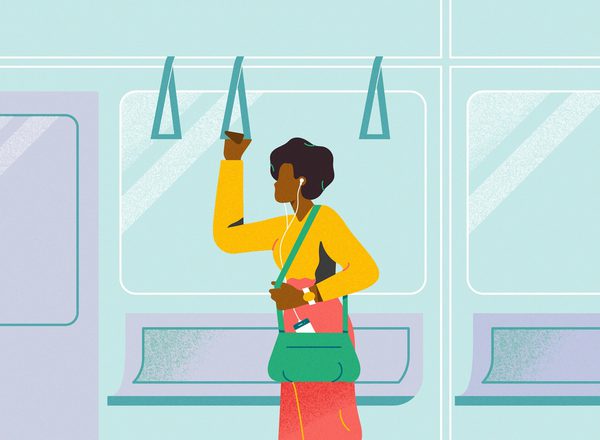
Moving together: A people-focussed pathway to fairer and greener transport
Article
All decarbonisation pathways must be designed with people, and the principles of a just and fair transition, as their starting point.
IPPR has been working to explore what a fair transition to net zero transport looks like in Great Britain.
Within this report we present findings based on analysis of England’s National Travel Survey and the Scottish Household Survey (2013 to 2021), weighted to reflect transport behaviours of all adults in Great Britain (including Wales).
At the heart of this new analysis are 12 profiles that describe the ways people travel now and the opportunities that exist for different groups on the path to net zero. We argue that the path to net zero has to be about the real-world impact that change will have in people’s lives and communities.
This report
- summarises the key challenges facing decisionmakers in seeking to reduce greenhouse gas emissions from transport
- presents analysis of the relationship between transport emissions and inequality
- introduces a new model for understanding how people travel and the opportunities that different groups have to reduce emissions at pace
- considers the implications of transport inequality on decarbonisation pathways and policy design.
You might also like...

Who gets a good deal? Revealing public attitudes to transport in Great Britain
Transport isn’t working. That’s the message from the British public. This is especially true if you’re on a low income, disabled or living in the countryside. The cost of living crisis has exposed the shortcomings of our transport system,…
Dr George Dibb speaking to the Parliamentary Energy Security and Net Zero Committee
Dr George Dibb is the associate director for economic policy and head of the Centre for Economic Justice at IPPR.
Where are we going? Transport priorities for the next UK government
The UK needs a greener transport system that works better for people today and allows future generations to thrive.